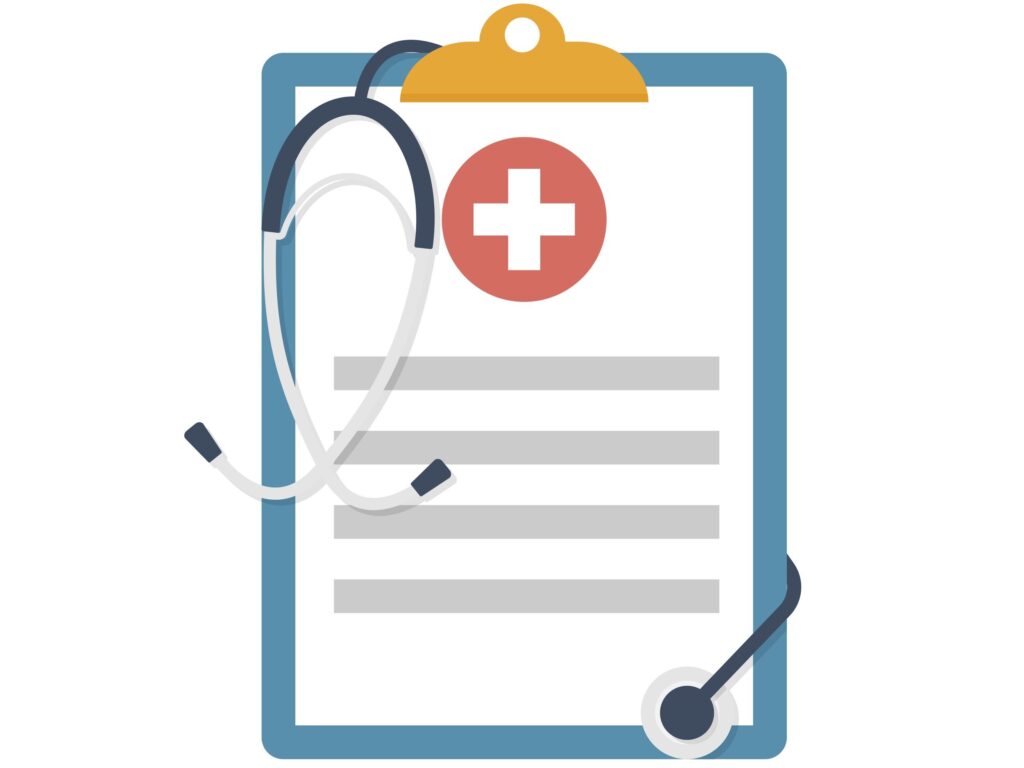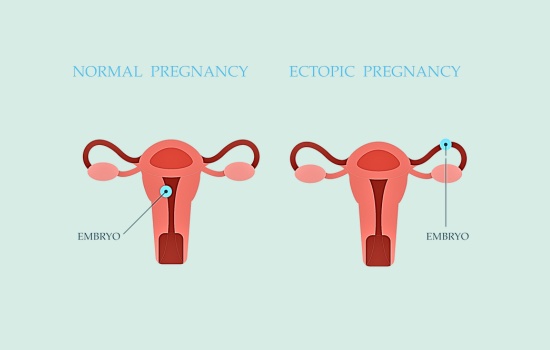An ectopic pregnancy occurs when the fertilized egg (aka the zygote) implants in the wrong place. Instead of nestling into the uterus (like it’s supposed to), the egg settles in another location (like one of the fallopian tubes).
Is That a Problem?
Yes. Unfortunately, an ectopic pregnancy is a medical emergency and can’t go to completion.
What are the Risk Factors for an Ectopic Pregnancy?
The No. 1 risk factor for an ectopic pregnancy is a past infection that has led to inflammation and scarring of the ovaries, fallopian tubes, or uterus. This is seen, for example, in women who have suffered from “pelvic inflammatory disease” (PID), caused by the STDs gonorrhea and chlamydia.
What are the Signs of an Ectopic Pregnancy?

Ectopic pregnancies can be a bit of a mindf*ck because they yield a missed period and a positive pregnancy test, leading women to believe they have a viable pregnancy.
However, in addition to the missed period and positive pregnancy test, there’s usually vaginal bleeding and cramping (which is typically severe and on one side).
PediaTip: Call your doctor if you develop any vaginal bleeding or out-of-the-ordinary abdominal pain during your pregnancy.
What Will My Doctor Do If They Suspect an Ectopic Pregnancy?
If your symptoms are clear-cut and severe, your doctor will send you straight to the ER. If it’s not clear what’s happening, your doctor will want to see you in their office. In the office, they’ll do:
1. A blood test to measure the pregnancy hormone human chorionic gonadotropin (hCG).
Insider Info: The hCG level in an ectopic pregnancy tends to have a wonky trajectory. It may go down, remain the same, or rise more slowly than it would if the pregnancy was viable.
2. A transvaginal ultrasound to see where the fertilized egg implanted.
What Happens If There’s an Ectopic Pregnancy?
Because the fertilized egg cannot safely develop in a location other than the uterus, the pregnancy must be terminated. This can be heartbreaking, but it doesn’t mean that future pregnancies won’t be successful.
The Bottom Line and a Reality Check
Ectopic pregnancies are rare. Don’t hesitate to call the doctor, though, if you experience vaginal bleeding or intense abdominal pain or cramping (especially on one side) during your pregnancy.








